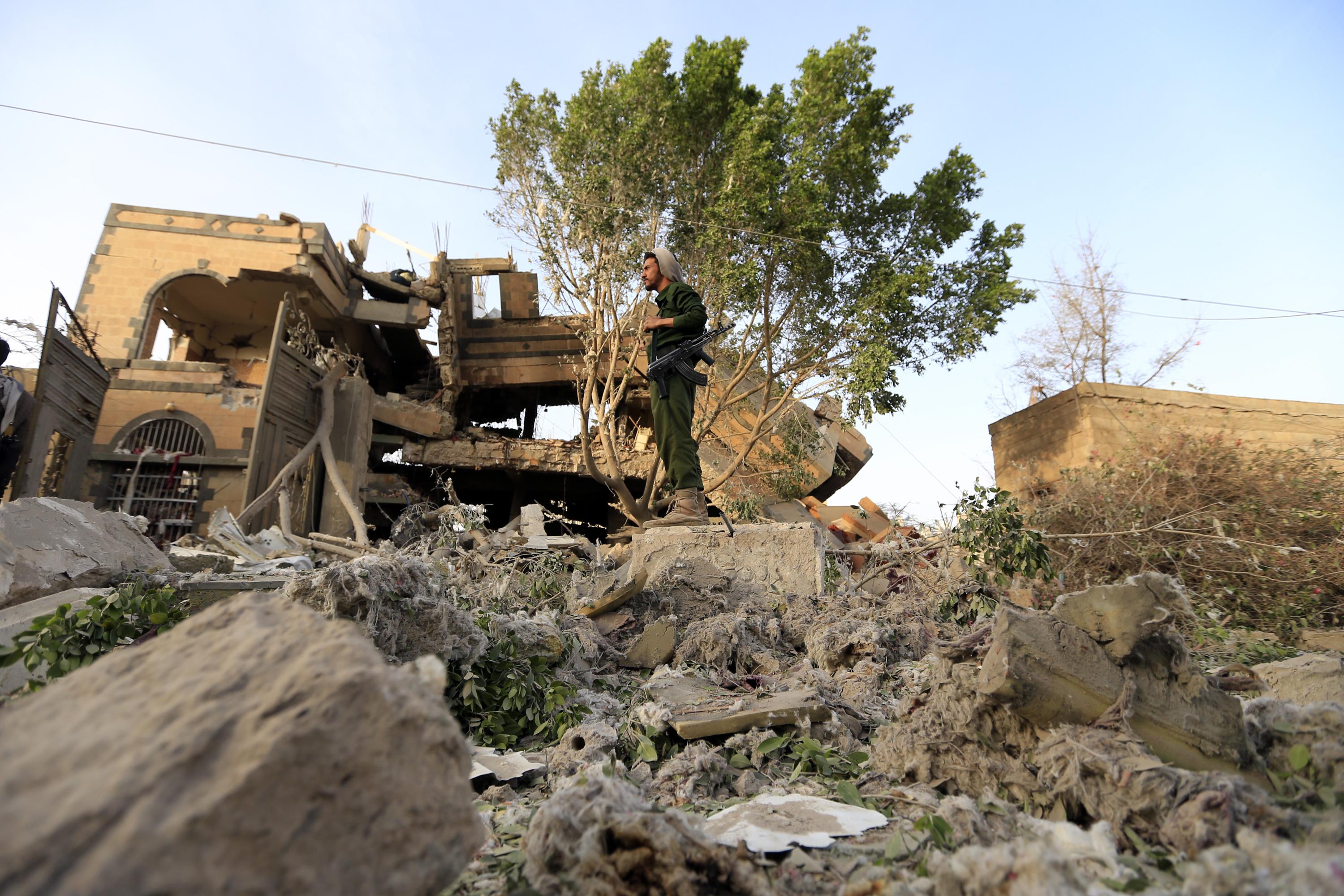Yemen’s humanitarian crisis worsened on Wednesday when an Arab military coalition attacked the country’s main port. Hudaydah port is the main entry point for all humanitarian and commercial goods into the country, making it part of a crucial pipeline for food, medicine and other aid needed by millions of Yemenis.
The attack was carried out by forces aligned with Saudi Arabia and the United Arab Emirates. The immediate goal was to push Iranian-backed Houthi rebels out of the city, but it was also a political maneuver. The Emirates’ state minister for foreign affairs, Anwar Gargash, tweeted Tuesday, “The liberation of the city and port will create a new reality and bring the Houthis to the negotiations.”
The attack has put aid agencies on the alert for a full-scale famine and sparked criticism from lawmakers. Jolien Veldwijk, an official for Care International, told the New York Times, “This attack risks more people dying, but it also risks cutting the lifeline of millions of Yemenis.”
The U.N. and the International Committee for the Red Cross withdrew their staff members from Hudaydah on Monday, just days before the attack.
Nine U.S. senators criticized the attack in a bipartisan letter to Secretary of State Mike Pompeo and Defense Secretary James Mattis, on Tuesday:
We write to express our grave alarm regarding developments in Hudaydah, Yemen. We are concerned that pending military operations by the United Arab Emirates and its Yemeni partners will exacerbate the humanitarian crisis by interrupting delivery of humanitarian aid and damaging critical infrastructure. We are also deeply concerned that these operations jeopardize prospects for a near-term political resolution to the conflict.
The civil war in Yemen has raged since 2011, following the Arab spring protests that ousted the country’s autocratic President Ali Abdullah Saleh. It has devolved into fighting between military factions, which hold different areas of the country. The Saudis and Emiratis invaded the country three years ago. The war has already put more than 8 million Yemenis at risk of starvation, according to the United Nations. About 16,200 Yemeni civilians have died since 2015, according to the United Nations.
Pompeo released a statement on Monday saying that he spoke to Emirati leaders and “made clear our desire to address their security concerns while preserving the free flow of humanitarian aid and lifesaving commercial imports.”
The UAE’s Gargash tweeted on Tuesday that the port “remains open to shipping” and said the coalition continues “to work with aid agencies on the ground to ensure that once the port is liberated we will quickly increase the capacity and the amount of aid flowing through it.”
Democratic Rep. Ted Lieu is among the members of Congress calling for an end to U.S. support for the war in Yemen: “The U.S. already has blood on its hands in the Yemen crisis, we should not make them even bloodier.”
The U.S. has provided air-to-air refueling, intelligence assessments, and military advice to Saudi Arabia’s bombing campaign in Yemen since 2015. Last month, the New York Times reported that U.S. Army commandos were helping the coalition to locate and destroy Houthi rebels’ caches of ballistic missiles and launch sites. The Pentagon claims that all of its military aid is noncombatant assistance and said that the U.S. was not providing specific information on Houthi targets to the coalition, according to the New York Times.
The U.N. has said that an attack on Hudaydah could cost as many as 250,000 civilian lives.
